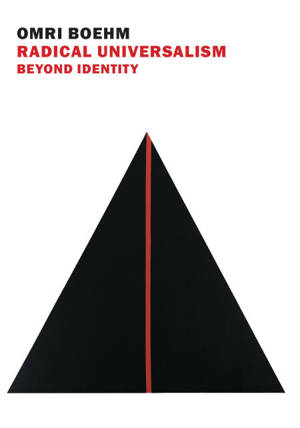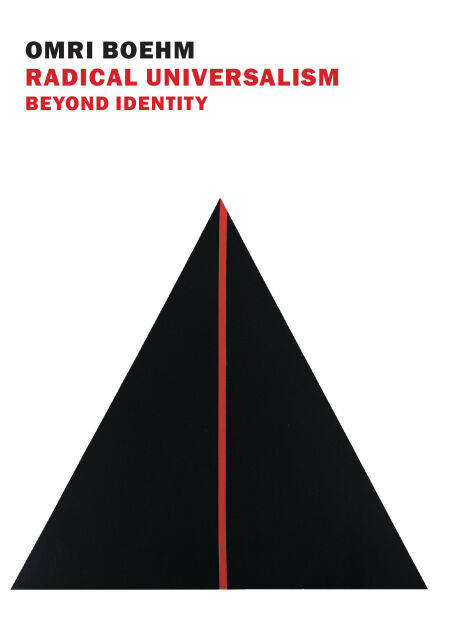
- Afhalen na 1 uur in een winkel met voorraad
- Gratis thuislevering in België vanaf € 30
- Ruim aanbod met 7 miljoen producten
- Afhalen na 1 uur in een winkel met voorraad
- Gratis thuislevering in België vanaf € 30
- Ruim aanbod met 7 miljoen producten
Zoeken
€ 17,69
+ 17 punten
Uitvoering
Omschrijving
A compelling philosophical exploration of the concept of universalism and its role—or lack thereof—in contemporary politics. This accessible study challenges the prioritization of identity politics over universal equality, using Kant as a lens through which to understand our present moment.
Winner of the 2024 Leipzig Book Award for European Understanding
The entire political spectrum of our day, from right to left, reflects the politics of identity. The right speaks of blood and soil, of homeland; the left of gender and race. To the observant eye, the similarity between the holders of the two positions stands out as much as their animosity. And as to the purported humanism and universalism of the liberal center? It has shrunk to an empty husk. Far from recognizing and proclaiming a fundamental duty to humanity, contemporary liberalism now chiefly serves to protect the right of the individual citizen to turn a deaf ear to that call.
Omri Boehm's Radical Universalism: Beyond Identity offers new readings of three controversial texts that have shaped the concept of modern humanism: the Declaration of Independence, Immanuel Kant's "What Is Enlightenment?," and the biblical story of the Binding of Isaac. Through these texts—"monuments of a tradition that stands near to us but...in which the moral idea of humanity...was still living"—Boehm grapples with the ideological failures of the moment while presenting a powerful plea to place humanistic universalism at the heart of political life.
Winner of the 2024 Leipzig Book Award for European Understanding
The entire political spectrum of our day, from right to left, reflects the politics of identity. The right speaks of blood and soil, of homeland; the left of gender and race. To the observant eye, the similarity between the holders of the two positions stands out as much as their animosity. And as to the purported humanism and universalism of the liberal center? It has shrunk to an empty husk. Far from recognizing and proclaiming a fundamental duty to humanity, contemporary liberalism now chiefly serves to protect the right of the individual citizen to turn a deaf ear to that call.
Omri Boehm's Radical Universalism: Beyond Identity offers new readings of three controversial texts that have shaped the concept of modern humanism: the Declaration of Independence, Immanuel Kant's "What Is Enlightenment?," and the biblical story of the Binding of Isaac. Through these texts—"monuments of a tradition that stands near to us but...in which the moral idea of humanity...was still living"—Boehm grapples with the ideological failures of the moment while presenting a powerful plea to place humanistic universalism at the heart of political life.
Specificaties
Betrokkenen
- Auteur(s):
- Uitgeverij:
Inhoud
- Aantal bladzijden:
- 192
- Taal:
- Engels
Eigenschappen
- Productcode (EAN):
- 9781681379869
- Verschijningsdatum:
- 15/12/2025
- Uitvoering:
- E-book
- Beveiligd met:
- Adobe DRM
- Formaat:
- ePub

Alleen bij Standaard Boekhandel
+ 17 punten op je klantenkaart van Standaard Boekhandel
Beoordelingen
We publiceren alleen reviews die voldoen aan de voorwaarden voor reviews. Bekijk onze voorwaarden voor reviews.







